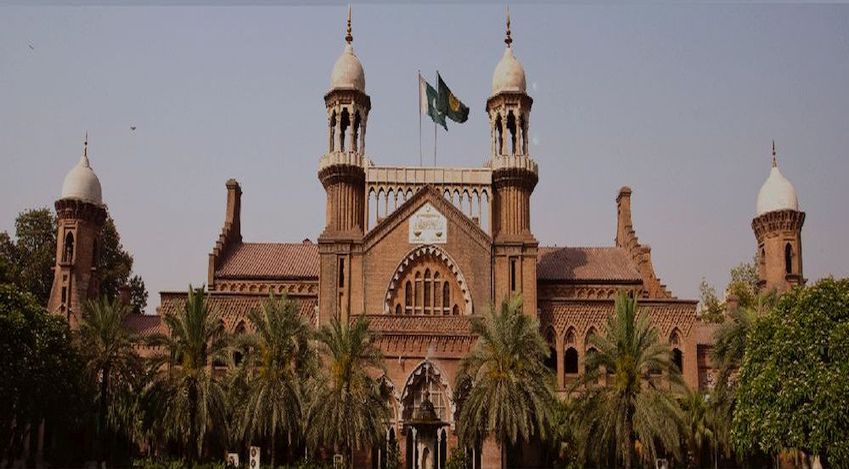Specific Performance cannot be sought to enforce Penal Clauses in Mortgage Deed as such Mortgage Deed being unregistered, was Unenforceable under Section 17 of the Registration Act, 1908 --- Lahore High Court, Lahore
Islamabad 13-12-2024: The Lahore High Court (LHC), in a significant judgment, has set aside the decisions of the Trial Court and the Appellate Court in a mortgage dispute case involving Robina Kausar (Petitioner-Mortgagor) and Muhammad Latif (Respondent-Mortgagee). The Court ruled that the Respondent’s suit for specific performance, based on a penal clause in the mortgage agreement, was not maintainable under the law.
The dispute arose from a mortgage agreement dated December 1, 2006, wherein the Petitioner mortgaged her land to secure a loan of Rs. 200,000. The agreement contained a penal clause requiring the Petitioner to transfer the mortgaged property to the Respondent if she failed to repay the loan within the stipulated time. When the Petitioner defaulted, the Respondent filed a suit for specific performance, which was decreed ex-parte by the Trial Court in December 2013 and upheld by the Appellate Court in January 2015. The Petitioner challenged these decisions in the Lahore High Court.
The Court held that specific performance cannot be sought to enforce penal clauses in mortgage agreements. The Respondent should have pursued remedies available under Section 67 of the Transfer of Property Act, 1882, such as foreclosure or sale.
Emphasizing Section 60 of the Transfer of Property Act, 1882, the Court reaffirmed the mortgagor’s right to redeem the property, irrespective of any penal provisions in the agreement.
The Court noted that the mortgage deed, being unregistered, was unenforceable under Section 17 of the Registration Act, 1908, rendering the Respondent’s claim invalid.
Concurrent findings of lower Courts were deemed arbitrary and legally flawed. The Lahore High Court emphasized its authority to overturn such decisions when they contravene established legal principles.
Addressing procedural objections raised by the Respondent, the Court ruled that procedural delays, such as late affixation of Court fees, were adequately explained and condoned under Section 5 of the Limitation Act, 1908.
The Lahore High Court decision highlights the legal limitations on enforcing penal clauses in mortgage agreements and underscores the importance of adhering to statutory requirements, such as registration of documents. It also reaffirms the mortgagor’s rights and the remedies available to mortgagees under the law.
The judgment allows the Respondent-Mortgagee to pursue alternative remedies, such as foreclosure or sale, but dismisses the suit for specific performance outright. The Court also reiterated the importance of judicial scrutiny in cases involving arbitrary decisions by lower Courts.
Powered by Froala Editor








